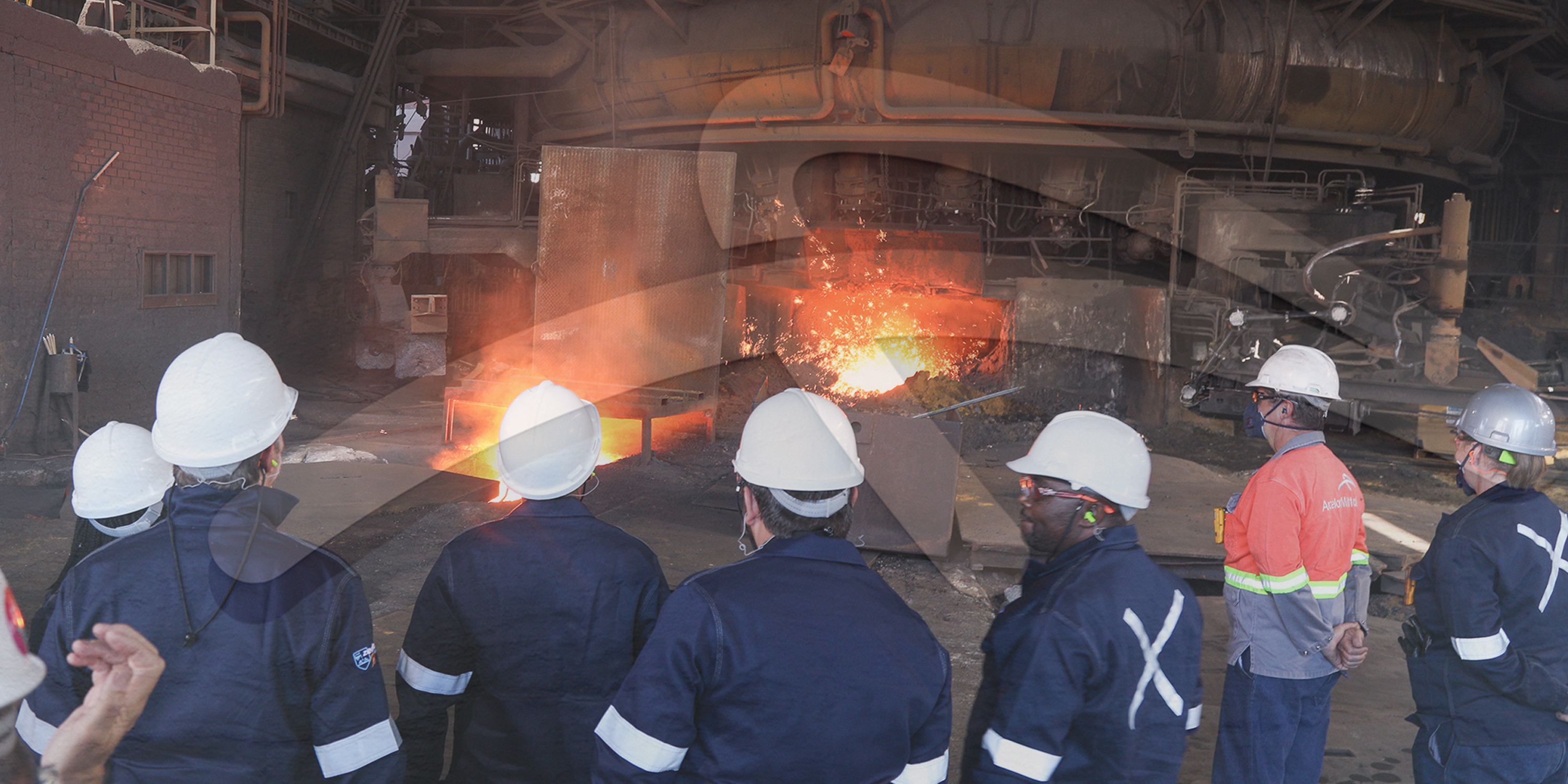I’m sure you had the same reaction I did to the report today that ArcelorMittal SA (Amsa) has decided it must pull the plug on its long steel business.
Read more: The writing is on the wall for ArcelorMittal long steel
What is going to happen to so many people in Newcastle who really have very few other options to try to make a living?
So often in these cases the estimates of how many people will be affected vary dramatically. There are the 3,500 direct jobs that will be lost, the seven or eight, nine or 10 people who rely on each of those jobs.
Then there are the other consequences: the industries around Newcastle that have grown to support that plant, including the people who run the spaza shop closest to its entrance who, I’m sure, are now going to lose out.
Unfortunately, I don’t think there is any choice. We have been throwing bad money after good for such a long time, and at some point you just have to stop.
Last week, the Industrial Development Corporation confirmed it had given Amsa R1.7-billion in its last financial year. That’s a huge amount. At least three National Dialogues and two commissions’ worth.
And as Moneyweb reported this morning, it wasn’t going to stop there.
The National Energy Regulator of South Africa (Nersa) ruled last week that Eskom must allow Amsa to pay less for the electricity it uses, because of its financial position – despite Eskom warning that other consumers (they mean you) would have to pay more for their electricity. Basically, Nersa was agreeing that you must subsidise Amsa.
There are many people to blame for this. As Amsa CEO Kobus Verster has warned many times, most factors that led to this are beyond his control. And the control of the government.
He has pointed to what you would call structural issues, including imports, a lack of tariff protection, high electricity costs and issues with Transnet and the railways.
But underneath all of that is the real fundamental problem. There is just too much steel in the world.
It seems strange to say that when you consider how much construction we need, and how many things we need to make. But the fact is we don’t use as much steel as we used to.
As Saul Levin from Trade and Industrial Policy Strategies explained so clearly about six weeks ago on The Money Show, we don’t use steel in the same way we once did. There are newer technologies and other things to use.
And the mini-mills, which produce steel from scrap metal, have a lower cost base, partly because that scrap metal has a lower melting point.
As Levin points out, while the consequences for Newcastle will be deep and profound for the country as a whole, this should open some opportunities for other people in the steel industry.
All of this gets to a problem I think might never go away:
When something is failing, how much money do you put into it?
The government has put a ton of money into Amsa. This is a company that has made a loss for about nine of the past 12 years. So it’s not like there was no warning.
Like all of these situations it has happened over a long period. So often a government faced with a decision about an industry like this is under pressure to act, wants to act, and yet there are no good options.
When the first decision was made to give money to Amsa there might still have been some hope that things would change. Perhaps one of those factors out of our control would shift, maybe there would be some problem in a steel-making plant somewhere else that would increase the value of our product. And considering the very real improvements at Eskom and Transnet, perhaps those would start to have an impact too?
But, of course, none of those things has happened.
I do wonder how the government and some of the other people involved will respond to this.
What I hope doesn’t happen is that someone like Trade and Industry Minister Parks Tau comes out and blames factors beyond our control for this.
While the government is not to blame for the steel price, someone should take responsibility for how much harder the government’s failures have made life for Amsa. The problems with Eskom and Transnet should be conceded when there is a response.
I also hope someone doesn’t decide to prolong the agony. I understand the pressure, the looks on the faces of people in Newcastle. But we simply cannot spend the money that we have been spending.
Instead, perhaps that money should be used in a constructive way, to do something that will help the economy.
The images of the last workers to leave the Amsa plant in Newcastle will be heartbreaking. We need to accept this is going to happen.
And we must work to help other industries grow, so they can avoid the same fate. DM





 A blast furnace at ArcelorMittal South Africa’s steel-making factory. (Photo: Supplied) | ArcelorMittal logo. (Photo: Dwayne Senior / Bloomberg via Getty Images)
A blast furnace at ArcelorMittal South Africa’s steel-making factory. (Photo: Supplied) | ArcelorMittal logo. (Photo: Dwayne Senior / Bloomberg via Getty Images)